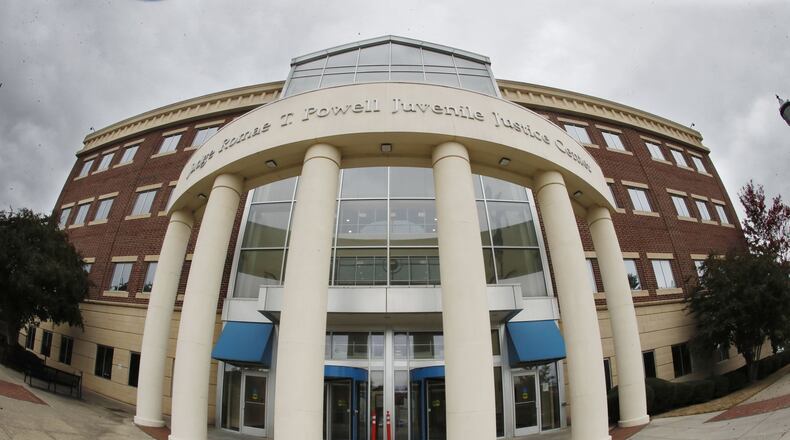Georgia would need at least four new juvenile detention centers if the state raises the age at which teens are charged with crimes as an adult from 17 to 18, state officials said.
Georgia is one of three states in the nation that charge 17-year-olds who commit crimes as adults. There were about 6,600 17-year-olds arrested in 2018 — the bulk of them in the Atlanta area — according to state data.
Juvenile Justice Commissioner Tyrone Oliver, speaking before a House panel studying legislation to change the age, said bringing that many more metro Atlanta teens through the juvenile system would overwhelm current detention centers.
“Our current facilities would be over capacity based on these numbers,” Oliver said. “If this bill passes, then we would have to build some more facilities in those areas.”
Cobb, Fulton and Gwinnett counties each saw between 400 and 500 arrests of 17-year-olds in 2018. Oliver said he thought it would cost about $200 million to build two regional youth detention centers and two youth development campuses. Each facility has about 50 beds, he said.
Currently, if someone who is 17 is charged with a crime, he or she is tried in state court as an adult. But House Juvenile Justice Committee Chairwoman Mandi Ballinger said Georgia should allow those teens to go through the juvenile court system. Georgia, Texas and Wisconsin are the only states that charge those over 16 years old as adults.
House Bill 440, sponsored by Ballinger, would allow cases involving 17-year-olds to be handled in the juvenile justice system. Supporters of the legislation say it would keep those under 18 out of state prisons and give them more access to services to keep them from offending again.
A 1994 law allows courts to charge Georgia teens between 13 and 17 as adults if they commit certain offenses — murder, rape, voluntary manslaughter, aggravated sexual battery, aggravated child molestation and robbery with a firearm. Ballinger’s proposal would not change that.
Ballinger, a Canton Republican, said 17-year-olds are best served in juvenile court, where they can get access to services that address underlying issues such as mental health, substance abuse and anger management.
But representatives of Georgia’s law enforcement groups told lawmakers that 17-year-olds should continue to go through the adult court system.
“One of the things that I hear repeatedly from sheriffs is this: These 17-year-olds fail to benefit from the juvenile system,” said Terry Norris, the executive director of the Georgia Sheriffs’ Association. “Not from the failure of the system itself, necessarily. But they chose not to learn from their mistakes.”
About the Author
Keep Reading
The Latest
Featured




